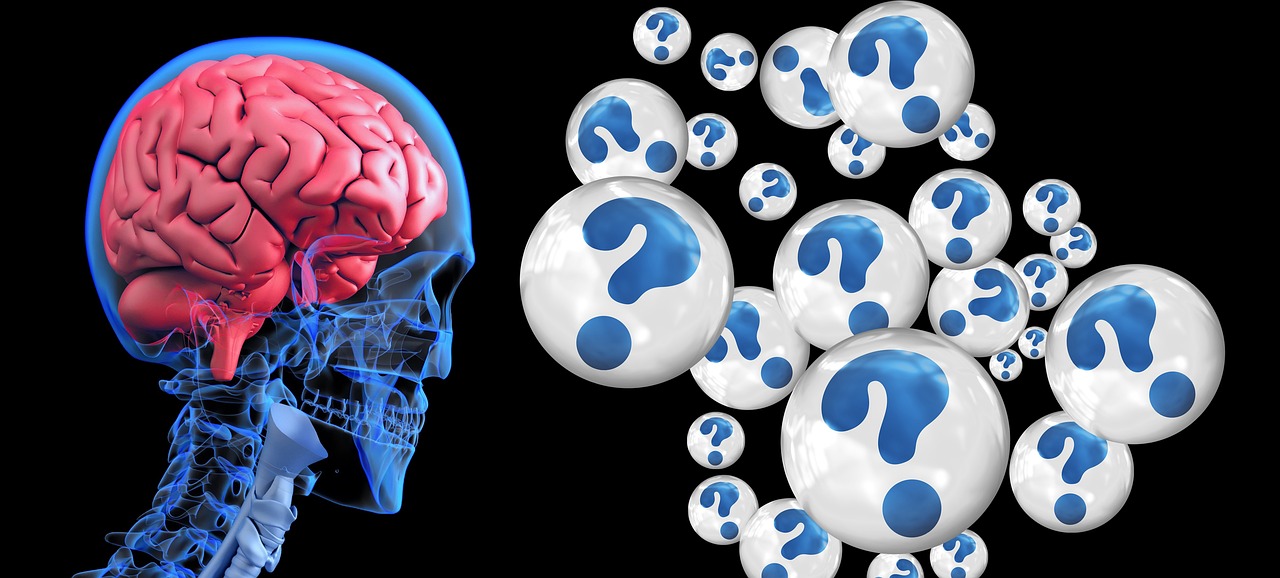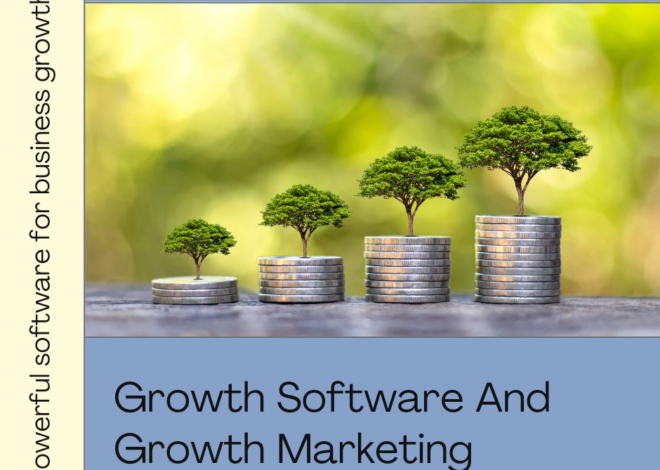
DMIT in the US: Unveiling Potential or Just Hype?
DMIT in the US: Unveiling Potential or Just Hype?
Have you ever wondered if your fingerprints could unleash your secret potential? That is the core concept behind the Dermatoglyphics Multiple Intelligence Test (DMIT), which claims to analyse your fingerprints and disclose information about your brain, personality, and learning styles. While DMIT is gaining popularity in the United States, notably in career counselling and education, its scientific validity is still debated. Let’s go more into this fascinating, yet contentious topic.
What is DMIT?
Dermatoglyphics, or the study of fingerprints, ridges, and other skin patterns, serves as the foundation for DMIT. Proponents think that these patterns are linked to brain development in the womb, resulting in a unique “fingerprint” for each individual. The DMIT procedure entails obtaining high-resolution images of your fingerprints, which are subsequently analysed by software utilising sophisticated algorithms. The resulting report is expected to provide information on several issues, including::
- Learning styles: Visual, auditory, kinesthetic, etc.
- Personality traits: Logical, creative, analytical, etc.
- Strengths and weaknesses: In different areas like communication, problem-solving, etc.
- Innate potential: Predispositions towards specific fields or activities.

Applications of DMIT in the US:
DMIT has found various applications in the US, particularly in:
- Career counseling: By identifying individuals’ natural strengths and weaknesses, DMIT can suggest suitable career paths that align with their innate potential. However, some argue that focusing solely on innate potential can overlook crucial factors like acquired skills, interests, and market demands.
- Education: Understanding individual learning styles through DMIT can help educators tailor teaching methods to cater to diverse learning needs. However, critics point out that effective teaching strategies should consider a broader range of factors beyond just learning styles.
- Personal development: DMIT insights can promote self-awareness, enabling individuals to leverage their strengths and address their weaknesses for personal growth. However, it’s essential to remember that self-awareness can be cultivated through various methods, not just DMIT.

Is DMIT scientifically valid?
The reliability of DMIT from a scientific standpoint is still a contested question. In spite of the fact that supporters point to research that demonstrate links between fingerprint patterns and brain development, detractors have concerns over the following:
- Limited research: The supporting evidence is often based on small-scale studies with methodological limitations.
- Lack of robust data: The complex algorithms used in DMIT lack transparency, making it difficult to assess their accuracy and reliability.
- Potential for misinterpretation: Overreliance on DMIT results without considering other factors like environment and personal experiences can lead to inaccurate conclusions.
Considering DMIT with a critical lens:
It’s crucial to approach DMIT results with caution and consider the following:
- DMIT is not a definitive predictor: It provides insights, not guarantees. Other factors like experiences, education, and personal choices significantly influence your potential and success.
- Consult with professionals: DMIT should not be the sole basis for making crucial decisions like career choices. Seek guidance from qualified professionals who can consider your broader skills, interests, and aspirations.
- Explore alternative methods: Numerous established assessments and tools exist for evaluating potential and abilities, offering a more comprehensive picture.
Who Performs DMIT in the US?
There are several different types of DMIT practitioners in the United States, each with their own unique set of credentials and degrees of education. A rundown of the most important players is as follows:
1. Certified DMIT Professionals:
- Often affiliated with specific DMIT organizations or institutes.
- Undergo training programs specific to the DMIT methodology used by their organization.
- May possess additional qualifications in related fields like psychology, education, or career counseling.
2. Independent Practitioners:
- May have obtained training through online courses or workshops offered by various DMIT providers.
- May not be affiliated with any specific organization, potentially using different DMIT methodologies and interpretations.
- It’s crucial to assess their individual qualifications and experience before choosing their services.
3. Educational Institutions:
- Some schools and universities may incorporate DMIT as part of their student assessment or career guidance programs.
- In such cases, DMIT administration and interpretation are likely handled by qualified professionals within the institution.
Choosing a DMIT Provider:
When considering DMIT, it’s crucial to choose a reputable provider who prioritizes ethical practices and responsible interpretation. Here are some key factors to consider:
- Qualifications and experience: Look for professionals with relevant training and experience in DMIT, ideally certified by recognized organizations.
- Methodology and transparency: Inquire about the specific DMIT methodology used and the level of transparency regarding the software and algorithms employed.
- Focus on self-awareness and development: Ensure the provider emphasizes DMIT as a tool for self-discovery and personal growth, not a definitive predictor of future success.
- Ethical considerations: Choose providers who adhere to ethical guidelines regarding data privacy, informed consent, and avoiding making unrealistic claims about DMIT’s capabilities.
By carefully evaluating these factors, you can make an informed decision about whether DMIT is a suitable tool for your personal exploration and ensure a responsible and ethical experience.
Beyond the Fingerprint: Embracing a Holistic Approach
While DMIT piques our curiousity in the possibilities hidden within our fingerprints, it’s important to realise that these patterns do not determine our potential. Our environment, upbringing, experiences, decisions, and constant learning all influence who we are and what we accomplish.
Focusing entirely on innate potential, as indicated by DMIT, can limit our exploration of possibilities and ignore the impact of acquired skills and talents. Adopting a holistic approach that takes into account both our innate predispositions and the huge potential for growth through experiences and learning enables us to realise our full potential and navigate our individual paths to success. This involves:
- Self-reflection: Engaging in introspection to identify our strengths, weaknesses, values, and interests.
- Exploring diverse experiences: Stepping outside our comfort zones and trying new things to discover hidden talents and passions.
- Seeking feedback: Asking for constructive criticism from mentors, peers, and trusted individuals to gain valuable insights into our strengths and areas for improvement.
- Embracing lifelong learning: Continuously seeking knowledge, developing new skills, and expanding our horizons to unlock our full potential.
By combining self-awareness, different experiences, and a dedication to continual learning, we may overcome the limitations of any single evaluation and lead a meaningful and successful life. Remember that your potential is not determined by your fingerprints; it is formed by your decisions and persistent pursuit of growth.
Conclusion:
DMIT introduces an innovative notion with possible applications in a variety of industries. However, the scientific evidence for its claims is equivocal. While it can serve as a beginning point for self-exploration, it is crucial to approach it critically and take into account other variables when making major judgements. Remember that your potential is determined by a complex interaction of your own fingerprint, experiences, and decisions.










